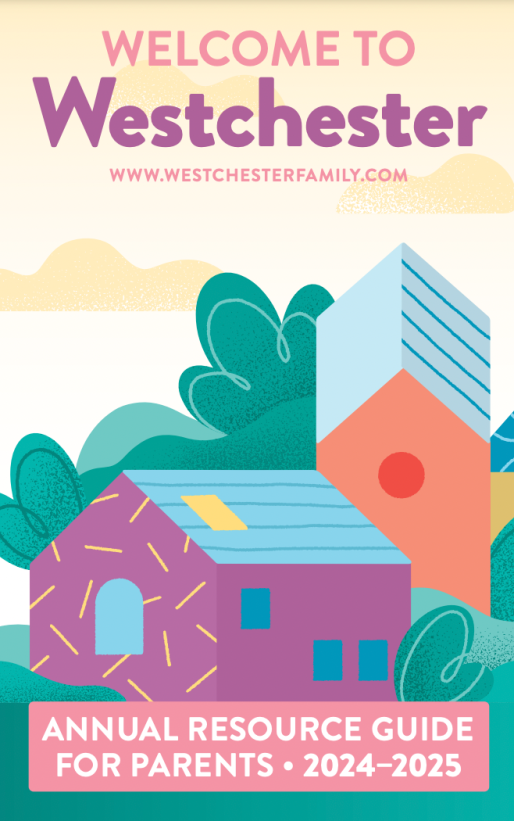Are you considering IVF (in vitro fertilization) as an option to expand your family, but daunted by all the medications traditionally used during the popular fertility treatment? Then natural IVF may be the right option for you.
The very first IVF baby, born in 1978, was actually conceived using natural cycle IVF. This type of IVF cycle allows for a naturally selected, mature egg to be retrieved and fertilized using little to no medication.
A variation of the procedure, known as natural cycle IVF/M, retrieves not only a woman’s mature egg from her ovary, but immature eggs from smaller follicles. Either way, patients return to their doctor’s office for five to six days of monitoring to determine when ovulation will occur and schedule the retrieval date. Once obtained, the egg is fertilized in the laboratory, allowed to develop in a culture dish for three to five days, and then implanted back into the woman – just like traditional IVF.
Natural cycle IVF is extremely similar to standard IVF, but without using large amounts of medications to stimulate the ovary to produce multiple eggs. For some women, this option is more pleasing and may also make better sense from a fertility standpoint.
Who chooses natural cycle IVF?
Natural cycle IVF can be an optimal choice for patients for several reasons. These include:
• You don’t want or can’t take all the medications needed for standard IVF: Certain medical diagnoses require patients to forego taking medications or hormones. Other times, a woman simply doesn’t wish to deal with the regimented schedule of medications, frequent office visits, or the need to introduce many drugs into her body.
• You need to complete a cycle in a short time frame: Because natural cycle IVF doesn’t require a great deal of preparation time, it works within a tight turnaround. This can happen when swift treatment of another medical condition doesn’t allow the luxury of time for IVF.
• Your previous standard IVF attempts haven’t worked: Even if ovarian stimulation through traditional IVF has repeatedly failed to produce multiple embryos, natural cycle IVF can give you the opportunity to continue the IVF process. This approach may not necessarily be best for everyone, but your doctor can let you know if it could help you.
• Your infertility is due to low- or poor-quality sperm: When a woman is otherwise fertile but cannot conceive normally because of her male partner’s infertility, natural cycle IVF may present the most low-tech way to avoid unnecessary ovarian stimulation or the possibility of multiple embryos.
Top reasons to choose natural cycle IVF
In addition to being nearly drug-free, it is also less expensive than standard IVF. Other benefits include:
• No risk of ovarian hyperstimulation syndrome: When taking fertility drugs to increase their egg production for IVF, some women experience this unpleasant condition. Symptoms of ovarian hyperstimulation syndrome include vomiting, diarrhea, pain near the ovaries, dark urine, decreased urination, rapid weight gain and shortness of breath.
• Less monitoring: Standard IVF requires many regularly scheduled office visits for blood tests and ultrasounds. Natural cycle IVF still requires some monitoring, but far less.
• Ovarian hyperstimulation isn’t needed: Some women, for religious or other reasons, don’t want to produce excess eggs that may later be discarded. Since natural cycle IVF only uses naturally produced eggs, this isn’t a factor.
Natural cycle IVF can be less expensive, less time-consuming and less complicated than standard IVF. If you want to know if natural cycle IVF is a good choice for you, talk to a fertility specialist. Your medical history will be reviewed and you can discuss the pros and cons of natural cycle IVF for your individual circumstances.
Ralf Zimmermann, M.D., is a board-certified reproductive endocrinologist and medical director of Neway Fertility in New York City. He is also on the faculty of Columbia University’s Division of Reproductive Endocrinology and Infertility. neway













